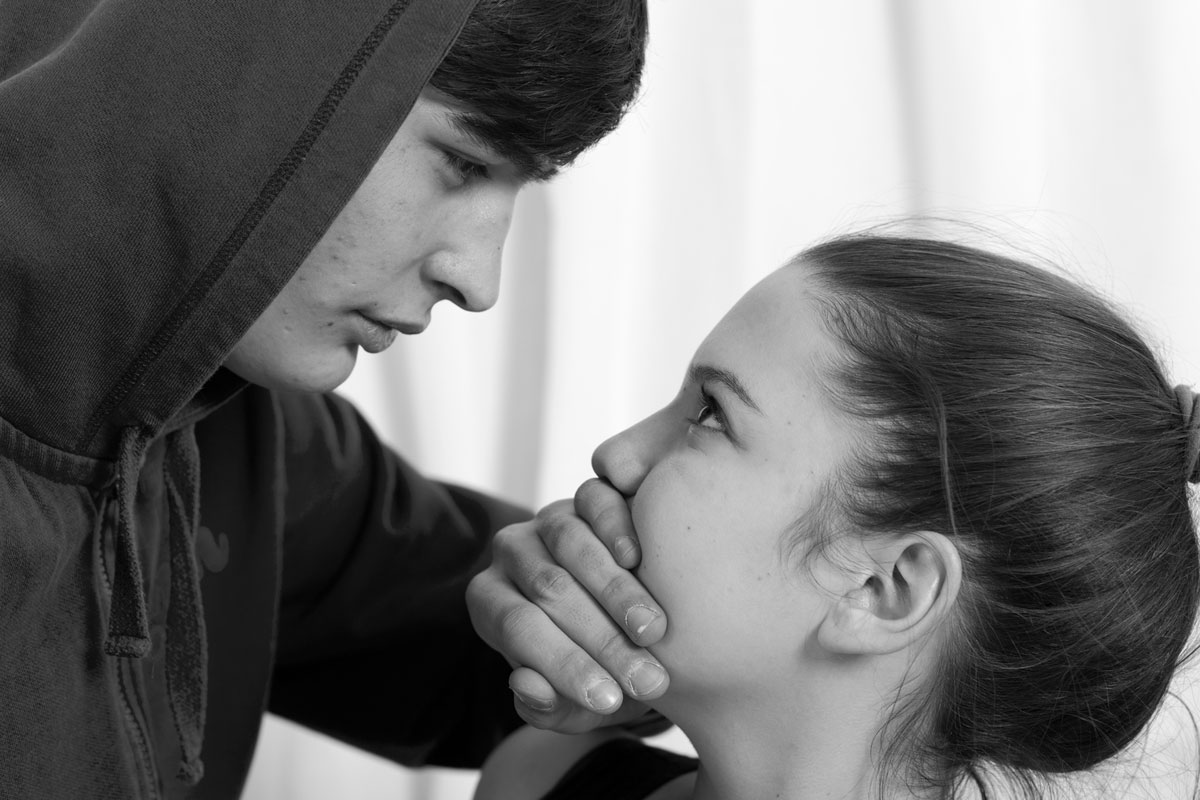Recently, a sixth-grade girl was seen through North Shore Child & Family Guidance Center’s Triage & Emergency Unit, which offers a rapid response to psychiatric emergencies. She was being cyberbullied by some boys in her school who were spreading the untrue rumor that she was pregnant. The abuse had gotten so bad that she was expressing suicidal thoughts.
Abusive behavior among teens and pre-teens is nothing new, but in the age of technology, abusers have a new tool that can spread their hurtful, hateful messages like wildfire. But whether it’s through social media or in person, the problem is extremely damaging to its victims, and can even turn deadly.
“The goal of perpetrators of verbal and physical abuse is to make their partners feel worthless so they can be controlled,” says Elissa Smilowitz, Director of Triage and Emergency at the Guidance Center. “The abuser, who often has low self-esteem, is threatened by any sign of independence from their significant other, and that jealousy causes them to engage in physical, sexual, psychological and/or emotional violence.”
February has been designated as Teen Dating Violence Awareness Month, which acknowledges how serious and widespread a problem this is. According to the Centers for Disease Control and Prevention, among high school students who dated, 21% of females and 10% of males experienced physical and/ or sexual dating violence. In addition, 1 in every 5 students between the ages of 11 and 14 say their friends are victims of dating violence, with nearly half experiencing verbal abuse.
Common warning signs of dating abuse include:
Checking cell phones, emails or social networks without permission
Extreme jealousy or insecurity
Constant belittling or put-downs
Explosive temper
Isolation from family and friends
Making false accusations
Constant mood swings towards you
Physically inflicting pain or hurt in any way
Possessiveness
Telling someone what to do
Repeatedly pressuring someone to have sex
Though such behaviors are clearly unacceptable, it can be difficult to convince a teen that their partner is being abusive, according to Smilowitz. “We have to help them come to the conclusion on their own that this is an unhealthy relationship and that it’s OK to seek out help. Through individual and group therapy, we can help give them the strength and tools to recognize that their relationship is toxic and learn what a loving, respectful relationship is like.”
Smilowitz advises parents to monitor their kids’ social media usage, and to keep an open dialogue. “If you notice changes in behavior, such as isolation and depression, ask them directly what’s going on. They need to know you are there to listen to them without judgment.”
If you are concerned that your child or teen may be the victim of abuse, call North Shore Child & Family Guidance Center at (516) 626-1971. We guarantee to see you within 24 to 48 hours.
You can also call the 24-hour hotline at the Safe Center LI at (516) 542-0404.
Sources: www.cdc.gov/violenceprevention/intimatepartnerviolence/teen_dating_violence.html
















